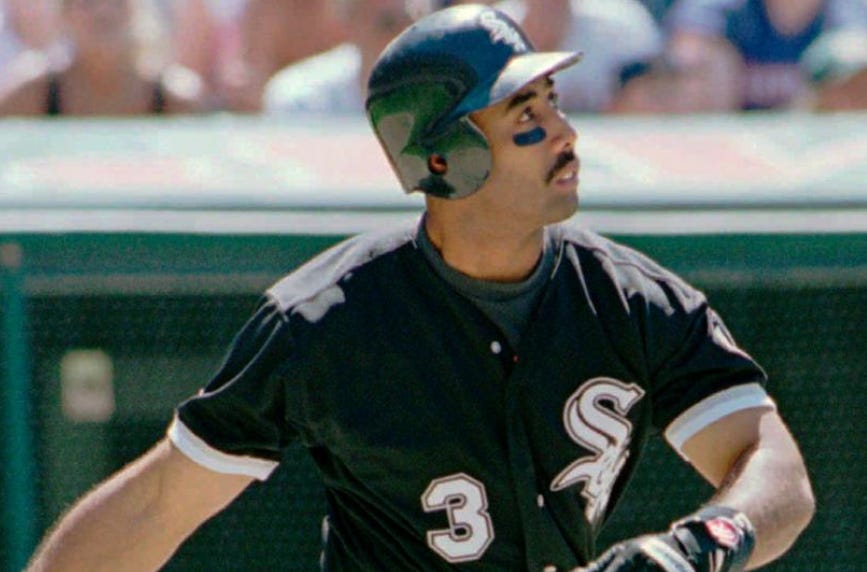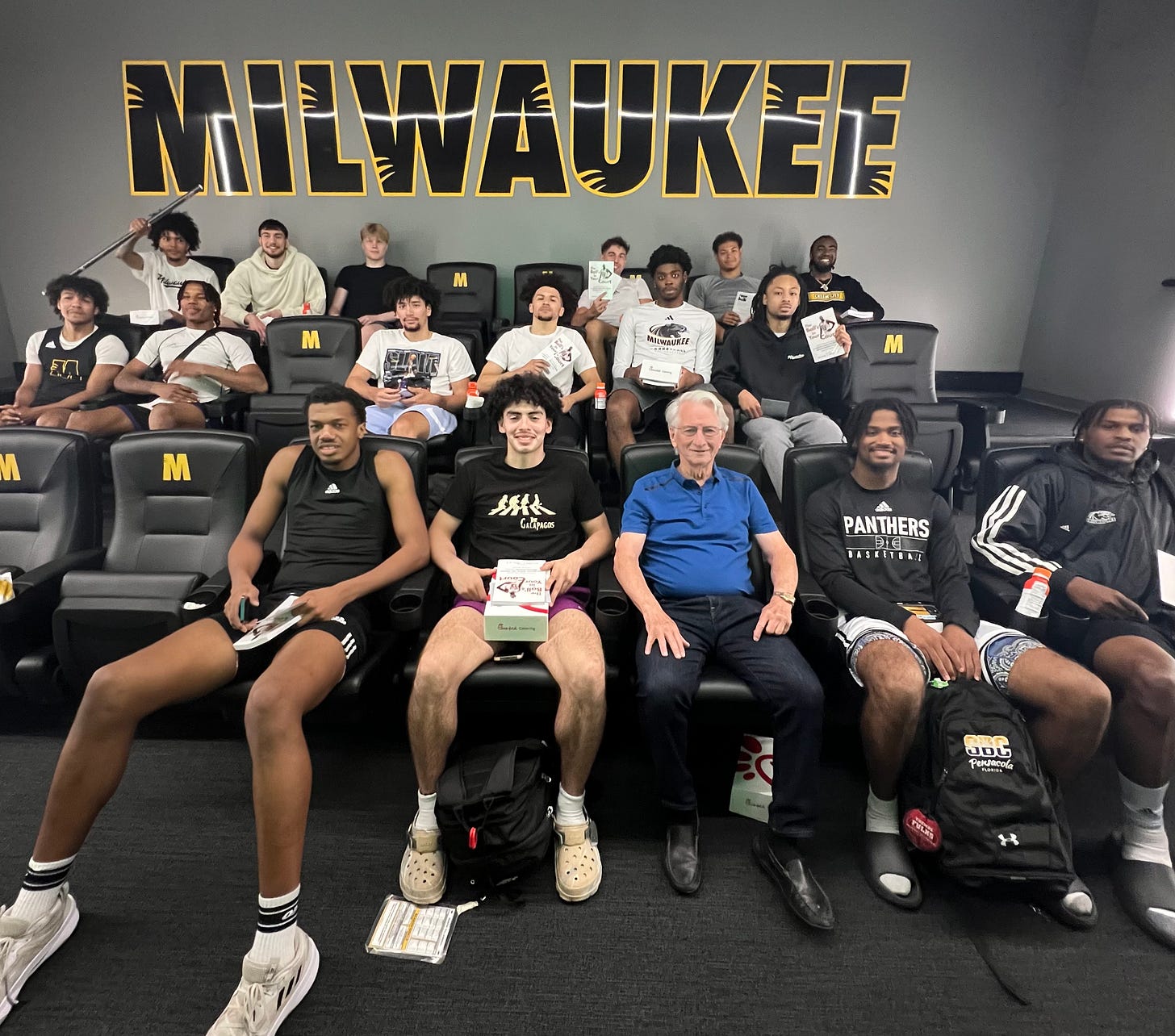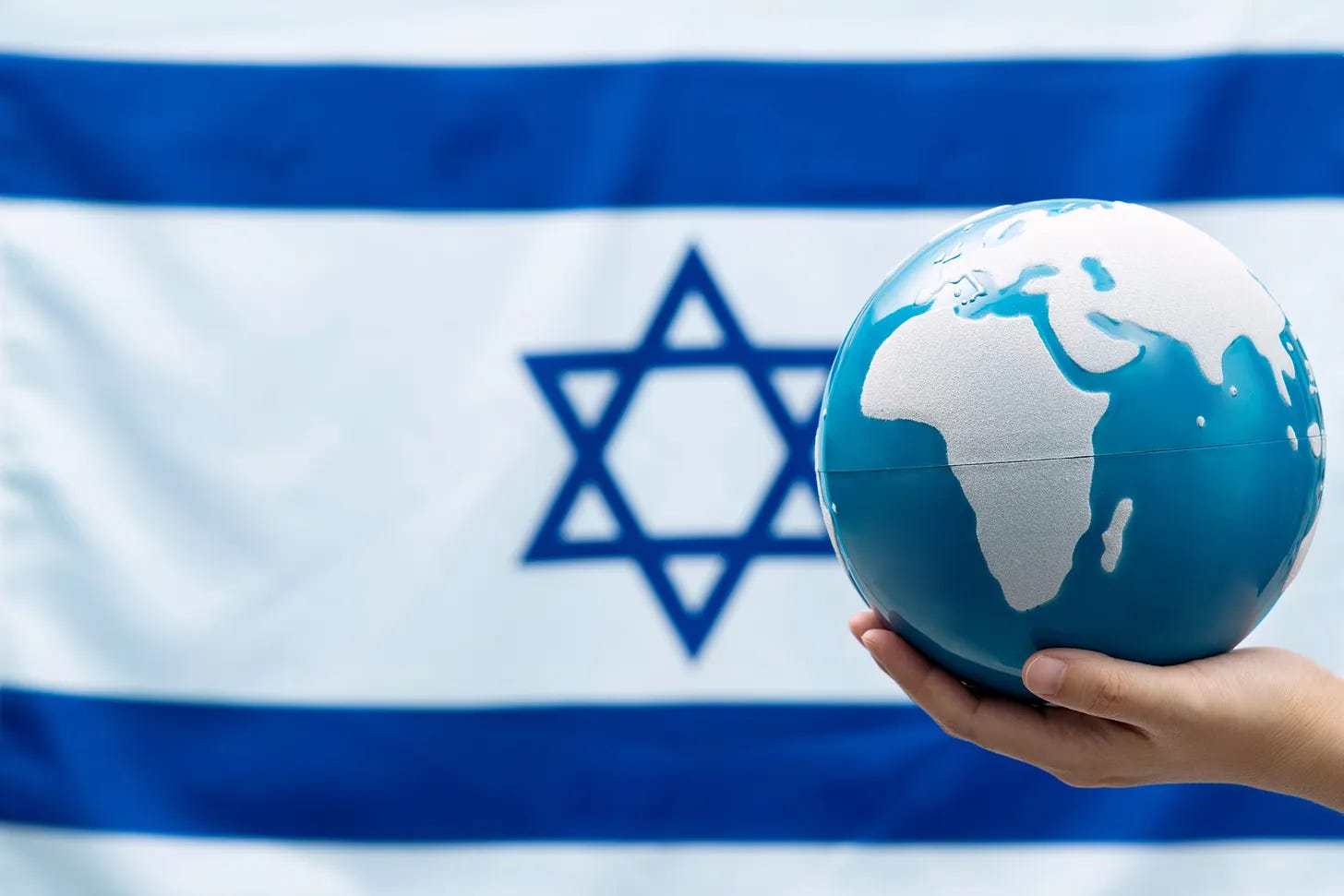Words Tell Our Stories; Actions Define Our Lives
"At his Hall of Fame acceptance speech in 2019, Harold Baines quoted his father: 'Words are easy, deeds are hard. Words can be empty, deeds speak louder and sometimes they can echo forever."
By Michael S. Lewis, M.D.
I was a student at Brandeis University in the early 1960s. Then, as now, it was a time of turmoil. It felt as if many demons had been set loose on the world. There was the Cuban Missile Crisis, when many of us were convinced that the world would come to an end. John F. Kennedy was assassinated. There was a terribly unpopular war in Vietnam. It was also the time of the Civil Rights Movement.
Although I marched at some rallies, honestly, I was among the students at Brandeis who talked about how devoted we were to the important causes of the day without actually making significant contributions to them. This group was derisively known as “limousine liberals.” I know because I was one of them.
With that backdrop, each week a well-known leader in their field would come to Brandeis to discuss their lives and work. These included such luminaries as Leonard Bernstein, Lillian Hellman and Martin Luther King, Jr. At the conclusion of their talks, questions were taken from the floor.
One week, a professor of psychology named Bruno Bettelheim, who worked with schizophrenic children, came to speak. At the time, he was a respected professor at the University of Chicago.
When I attended his lecture in 1962, ‘Freedom Riders’ were traveling by bus to the South to protest segregated public busing. During the question-and-answer period, a student asked the professor why he himself wasn't with the Freedom Riders.
The student received more of an answer than he had anticipated. Professor Bettelheim was short and elfin in appearance, but suddenly appeared ten feet tall. He became red in the face and charged off the stage and down the center aisle.
Instantly there was complete silence in the auditorium. Several hundred students collectively held their breath, preparing to watch a train wreck. We knew that this was not going to end well, and Professor Bettelheim didn't disappoint.
He stood over the student and jabbed a finger in his face and started shouting: “Don't you tell me what to do. I'm doing what I think is important in this world! Instead of making suggestions to others, why aren't you on a freedom ride right now?”
It was one of the most unforgettable and meaningful moments in my college career.
Fast forward to 1980. I was an orthopedic surgeon and consultant to the Chicago White Sox baseball team. That year I met a 21-year-old member of the team named Harold Baines. He was a humble man who remained quiet and unassuming throughout his 22-year baseball career.
A six-time All-Star, Baines let his actions on the baseball field do his talking. He was famous for one-word responses to questions. When a twenty-five-inning game — one of the longest in the history of Major League Baseball — ended with Harold hitting the winning home run, a massive shot more than 400 feet, he was approached by a reporter who suggested: “You got all of that one.” Baines’s classic reply: “Evidently.”
Harold Baines received the coveted honor of being inducted into the National Baseball Hall of Fame. At his acceptance speech in 2019, Baines quoted his father:
“Words are easy, deeds are hard. Words can be empty, deeds speak louder and sometimes they can echo forever.”
There is a Spanish proverb that states: “It's not the same to talk of bulls as to be in the bull ring.” It implies the importance of actions over words — a lesson I first learned as an undergraduate at Brandeis University and that was reinforced many years later by a 21-year-old rookie ballplayer.
Though that lesson has greatly informed how I live my life, it took some time for it to sink in. I didn't go on freedom rides while at Brandeis. I didn't always stand my ground. I didn't always contribute my fair share.
I was often intimidated by the accomplishments of friends of mine, like Dr. Geoff Tabin, who, through his organization, the Cure Blindness Project, has been responsible for curing preventable blindness for hundreds of thousands of people. I knew I could only connect with a few.
Subsequently I realized that each one of us has been blessed with different talents and capacities. All we can do is try to be the best person possible — and the only way to test our limits and discover who we are is by gaining life experience in the arena. I try to make up for lost time now by taking on various Tikun Olam projects, which includes teaching and mentoring high school and college students.
While my goal is to help young people to help themselves — and by extension to help make the world a better place — I’ve learned that the real gift lies in the giving. Taking action is actually a privilege.
MICHAEL S. LEWIS, M.D. is a former Orthopedic Consultant to the Chicago White Sox and the Chicago Bulls, and the author of Getting Wiser.
From decoding politics to the cutting edge of wellness to the human angle on sports to parenting and personal relationships — plus our unsparing take on what’s happening in the Jewish world — the canvas at JEWDICIOUS is limitless. Our 18 scribes share one overarching goal: To present you with new ideas and slices of life that will hit your head or touch your heart!





